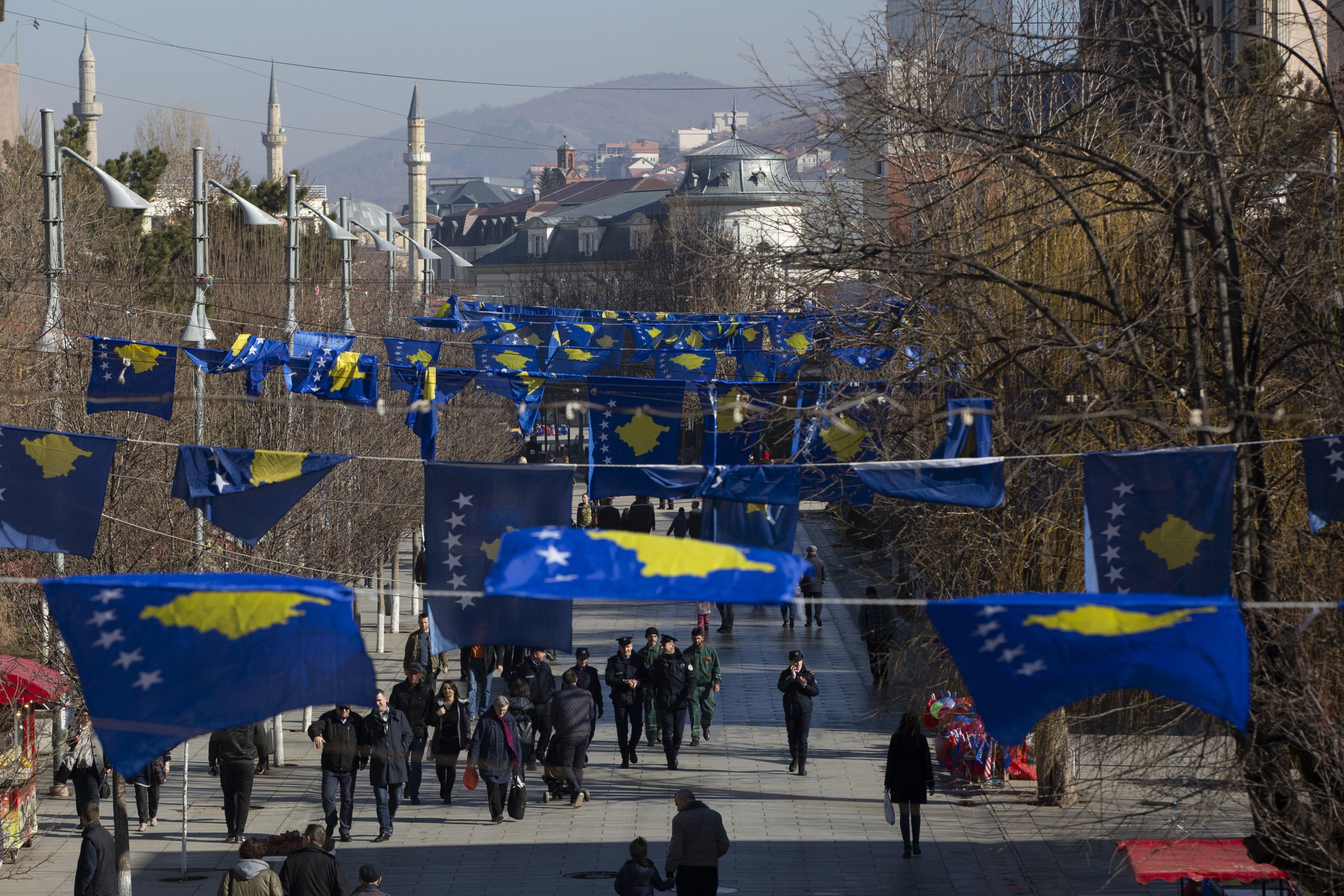On 17 February 2025, seventeen years have passed since the declaration of independence of the Republic of Kosovo. In a dynamically evolving international environment, where geopolitical balances are being redrawn by developments in the United States, Russia, and other major powers, the prospect of peace and stability in the Balkans remains critical.
Although Greece has not officially recognized Kosovo’s independence, this anniversary offers an opportunity to once again highlight the importance of cooperation, dialogue, and shared prosperity for all countries in the region.
Kosovo is grateful to Greece, a leading country in our region that has played a significant role in Kosovo’s integration into European processes, particularly within the framework of the Thessaloniki Agenda of 2003.
Following the implementation of visa liberalization with the European Union on 1 January 2024, there has been a notable increase in travel from Kosovo to Greece: in the first half of 2024 alone, nearly two million Kosovars visited Greece, thereby forging stronger social and human connections between the two nations. Cultural ties have also been reinforced: the University of Prishtina has introduced Greek language courses and formalized cooperation agreements with several Greek universities, most recently with Panteion University.
In addition, economic exchanges between the two countries continue to grow steadily year by year, now exceeding 300 million. Greek companies are already present in Kosovo and are warmly welcomed. Thanks to its strategic location at the heart of the Balkans, Kosovo offers convenient access to the European Union by air, road, and rail, as well as via major seaports such as Thessaloniki (Greece), Durrës (Albania), and Tivat (Montenegro). A young population, low income taxes, a secure banking system, and a stable currency are among the key factors that create a favorable climate for investors, particularly in sectors such as energy, mining, telecommunications, and information technology. Kosovo’s ambitions for Euro-Atlantic integration also align with broader European Union standards, underscoring the country’s readiness to implement reforms that will facilitate deeper convergence with the EU.
Just like Greece, Kosovo seeks to maintain regional peace and prevent interference by third-party actors, building on their shared regional context and close geographic proximity. By signing the Prespa Agreement, Greece demonstrated how Greek diplomacy can serve the cause of peace and good neighborly relations. Recognition of Kosovo by Greece would be a fundamental affirmation of Greece’s leadership role in the region, with the potential to bring important mutual economic and diplomatic benefits that strengthen bilateral relations and wider regional stability.
The broader implementation of visa liberalization reflects the progress Kosovo has achieved in terms of modernization, reforms, and the adoption of European values. The political will to align with European institutions is further evidenced by the country’s continued improvement in international rankings, such as the Henley Passport Index and the Global Passport Power Rank. Moreover, Kosovo’s upgraded position in Transparency International’s 2025 Corruption Perceptions Index (73rd place, 44 points) indicates that establishing a transparent governance framework remains a central objective of its public administration.
Kosovo’s trajectory in recent years is underscored by the ongoing strengthening of its democratic institutions, as recorded by assessments from organizations including Reporters Without Borders, Freedom House, and the V-Dem Institute. The consolidation of human rights, the protection of minorities, and the promotion of press freedom constitute essential elements for establishing a sustainable rule of law. Meanwhile, the economy has demonstrated notable resilience, with GDP growth of approximately 4% in 2024, while preparations for hosting the “Pristina 2030” Mediterranean Games enhance Kosovo’s international profile in the fields of sports and tourism.
In the area of security, systematic efforts are underway to combat organized crime and neutralize any illegal activity, particularly in the northern part of the country, where institutions are working to dismantle parallel structures. At the same time, the government of Kosovo maintains a constructive stance regarding the challenges of normalizing relations with Serbia, as evidenced by its commitment to the 2023 Agreements (Brussels – 27 February and Ohrid – 18 March). Serbia’s destabilization attempts have not undermined Kosovo’s strategy of peaceful coexistence, which remains a key pillar of its foreign policy.
In an era when international alliances are being redefined and global challenges are intensifying, Kosovo is investing in its Euro-Atlantic integration, aiming for closer cooperation with partners in the Balkans and beyond. By consolidating democracy, strengthening the rule of law, and promoting shared values, Kosovo seeks to play a constructive role in the European architecture of security and development. Closer ties with Greece would not only advance bilateral relations but also contribute to broader regional stability and economic growth, reflecting a shared commitment to peace and collaboration in Southeast Europe.
Looking to the future, the anniversary of 17 February stands as a reminder of Kosovo’s unwavering dedication to forging strong partnerships across the region. By reinforcing cooperation, engaging in constructive dialogue, and championing common interests, Kosovo remains ready to work hand in hand with all countries—and especially with Greece—in pursuit of lasting stability, prosperity, and mutual understanding.
Fitim Gllareva is Head of the Kosovo Office in Greece.






